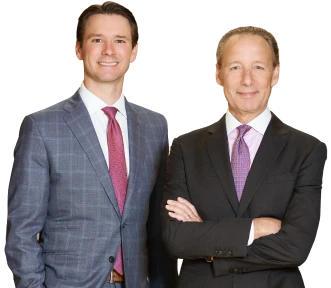Chicago Medical Malpractice Lawyer
Salvi, Schostok & Pritchard P.C. is a well-respected medical malpractice firm in Chicago, Illinois, with over 40 years of experience. Our personal injury law firm provides experienced legal representation in medical malpractice cases throughout Chicago and across the state of Illinois.
Our medical malpractice lawyers handle complex claims involving surgical errors, delayed diagnosis or misdiagnosis, birth injuries, and hospital malpractice, ensuring healthcare providers are held accountable for their negligence. Our medical malpractice attorneys are dedicated to securing substantial verdicts and settlements for victims of healthcare providers’ malpractice, helping injured patients and their families achieve justice and fair compensation.
Timing is Critical. Let’s Get Started With Your Claim
Call at 312-372-1227 or contact us online to arrange your free and confidential case review.
Are You or Your Family Member A Victim of Medical Malpractice or Negligence?
Medical malpractice occurs when healthcare providers breach the standard of care, causing catastrophic injuries such as surgical errors, birth injury, misdiagnosis complications, and anesthesia mistakes. These catastrophic injuries often lead to prolonged hospital stays, soaring medical bills, and profound emotional trauma that create daily life disruptions for your entire family. These daily life disruptions swiftly erode financial security through lost wages, intensive rehabilitation costs, and unexpected caregiving duties. Our best medical malpractice attorneys fight to claim the maximum compensation for you while holding negligent doctors, nurses, and hospitals accountable for the harm you have endured.
What Should You Do if You Believe You Are a Victim of Medical Negligence?
You should contact an experienced medical malpractice attorney in Chicago, like Salvi, Schostok & Pritchard P.C., today if you believe you or your loved one has suffered harm due to medical negligence, as described above, or in any other situation.
The longer you wait, the harder it can be to prove negligence, and unfortunately, you may lose your right to claim the compensation or damages that you deserve legally.
A medical malpractice attorney can deal with the hospital and insurance companies on your behalf. A lawyer can also launch an immediate investigation of your case and take steps to preserve important evidence.
